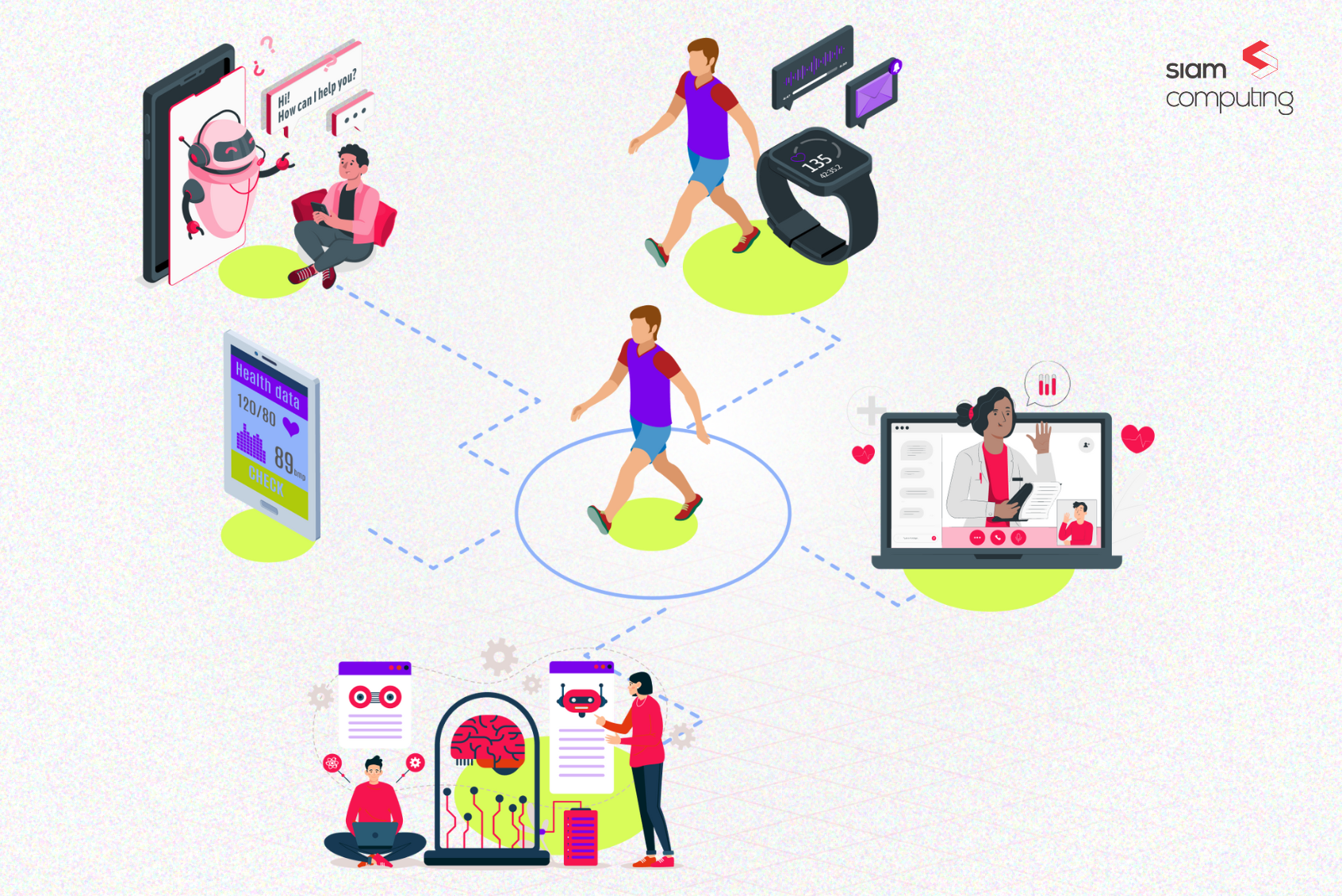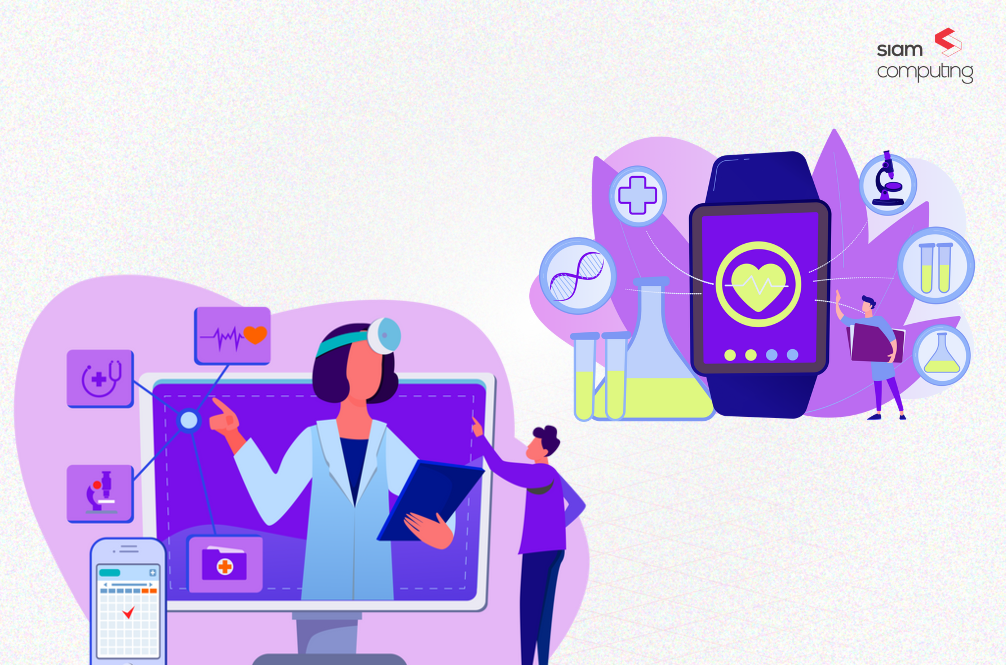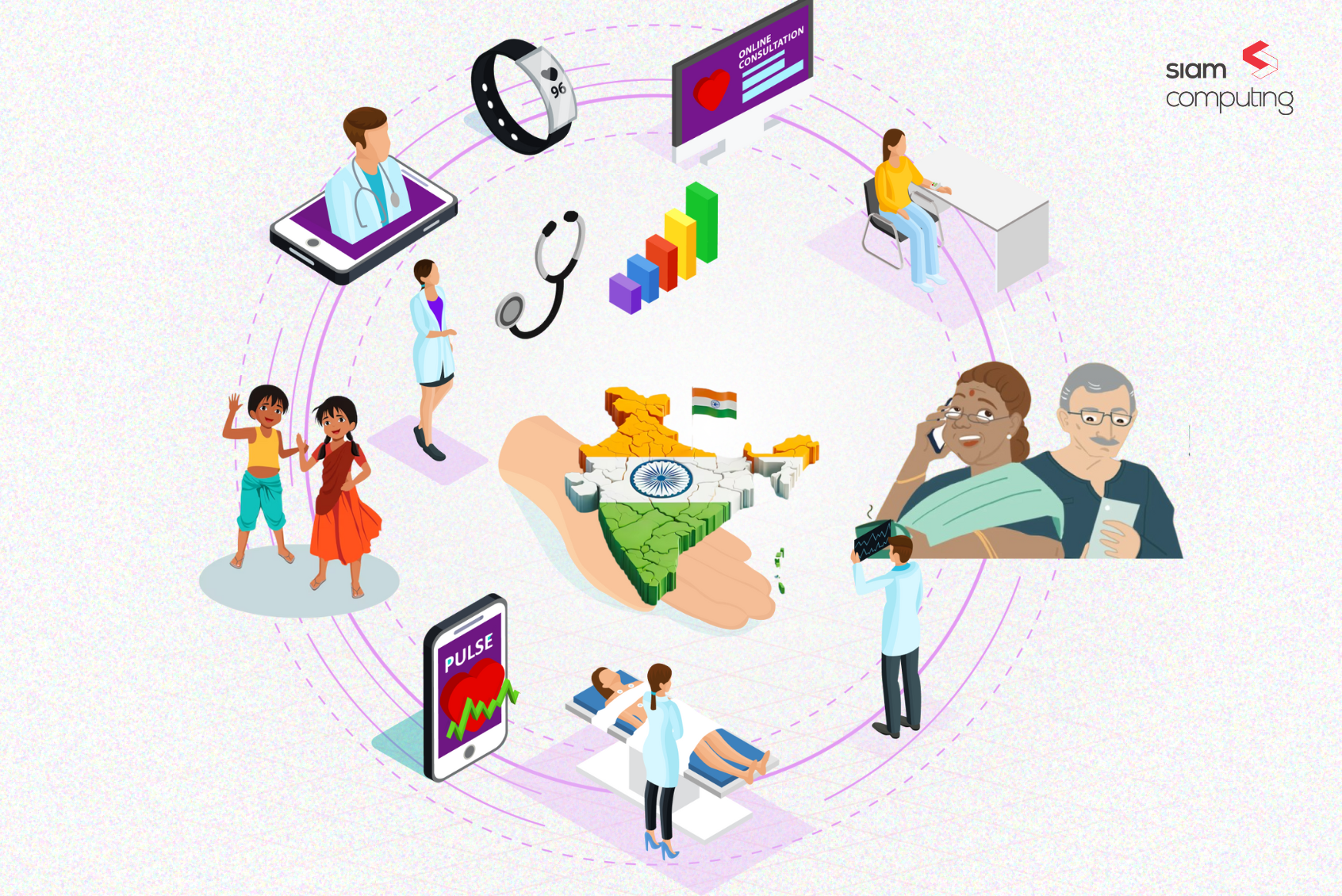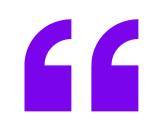A Chatbot is a computer program that conducts a conversation with human users. Through auditory or textual methods, chatbots indulge human beings in a basic conversation. These are used in messaging apps like Facebook Messenger, Telegram, Slack, etc, and are a user-friendly method to clear one’s queries, retrieve information, give simple directives, or engage oneself in a simple talk. Until recently chatbots were incapable of responding appropriately to the emotions of the user. But now a new development is seen in this area. A team from Tsinghua University in Beijing has put their efforts into the up-gradation of chatbots enabling them to detect and respond appropriately to the emotional content that is involved in the conversation with the human user.
Emotional Bots!
Yes, chatbots have feelings too! The chatbots are programmed to recognize the high-level emotional content of the conversation by familiarizing them with a long list of words in association with the six basic emotions (happiness, sadness, disgust, anger, surprise, and fear ), of which a few keywords will be used in the conversation, thus enabling the bots to determine the emotion.
This method in which the chatbots extract the emotion displayed in the conversation can be called sentiment analysis. This is followed by the generation of contextually and emotionally appropriate responses that are selected from the multitude of sentences that have already been provided as input. The machine in its present stage of development cannot process surprise or fear.
Stats
Chatbots are a part and parcel of messaging apps and it was found that over 18.5 percent of the world’s population used messaging apps in 2016 and the figures are expected to go over 25 percent by 2019, indicating how extensively chatbots are being used. A survey conducted by a reliable source found that over 60 percent of the people who use messaging apps are more than willing to talk to chatbots to communicate with a business firm or a brand. Selling and purchasing of goods and services are also done via these virtual assistants apart from receiving recommendations and advice from them. Facebook chatbots used by millions of people in 200 countries can be numerically calculated to be 30,000 in number.
The Most Popular Facebook Messenger Bots
Chatbots have a wide variety of uses. As opinionated by Jon Westenberg, Facebook chatbots can be narrowed down to a few important as well as favored ones. Newsbyte is a chatbot that keeps us updated on the day’s headlines. Another chatbot compatible with our lifestyle is MeditateBot which guides the users through meditation exercises and helps them inculcate the habit of meditation via reminders.
WTF is That bot tells us what all are there in our pictures and can identify each item in our photo. Health tips from a collection of real doctors are provided by HealthTap while Duolingo helps us write and communicate in another language other than English. Hi, Poncho provides us with an advanced version of weather forecasts at the same time entertains us with jokes and helpful tips. These are a few of the chatbots that are deemed to be the best ones on Facebook Messenger.
Chatbots Might Be a Subspecies of Humans in Terms of Intelligence
The development of artificial intelligence has come to a stage where the simulation by chatbots have become too realistic that the human users get confused as to whether they are talking to a programmed machine or a real, live human being. As a matter of fact, Ray Kurzweil, an American author, computer scientist, inventor, and futurist who has written books on AI, futurism, trans-humanism, and likewise, predicts that chatbots will have human-level language ability by the year 2029.
After all, Humans are Humans!
Despite all this, consumers won’t use the chatbots of a company if they have had a bad experience with it because they want reality to meet their expectations. Here lies the need for developing bots that show a minimal tendency of making things go awry. Yeah, this is because they expect chatbots to be flawless and they want it to be true. **rolling my eyes**. So typical of Homo sapiens! Be wonderstruck with these virtual assistants, humans. Chatbots are the change-makers of the tech world.
Hope you liked this article. Please share your suggestions in the comment section below. 😀



